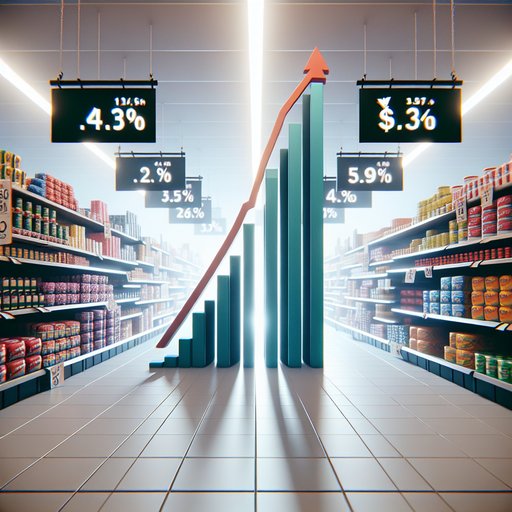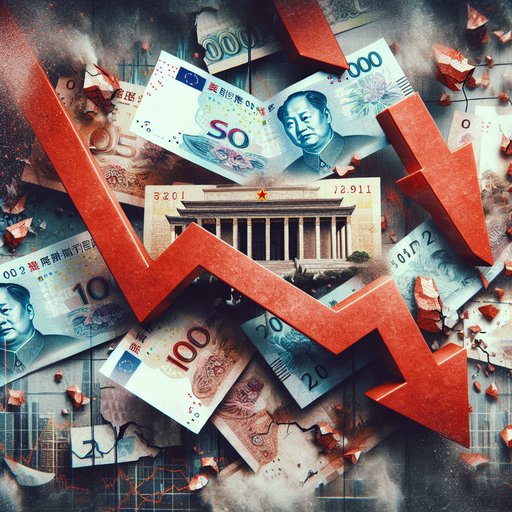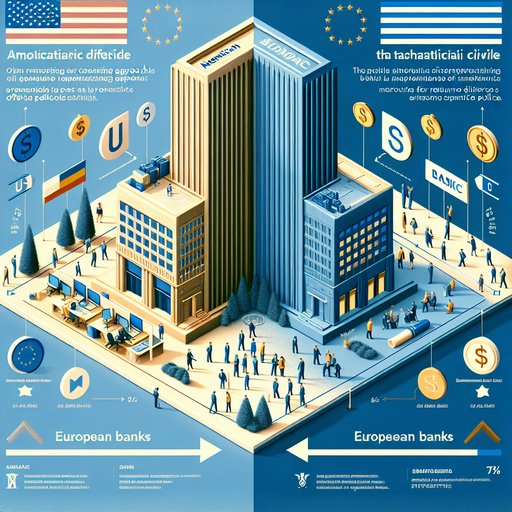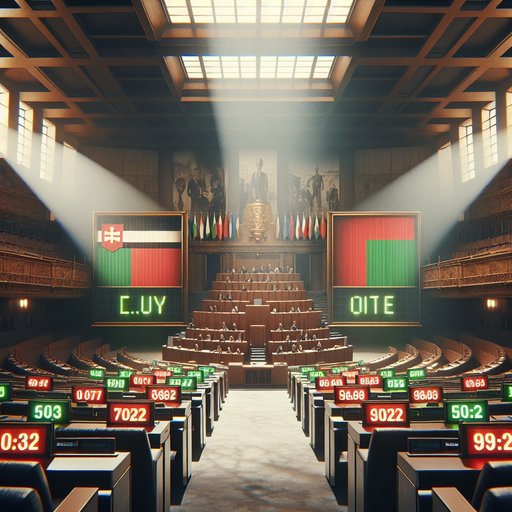
Bitcoin has reached new all-time highs amid growing institutional interest, with Norway's sovereign wealth fund significantly expanding its cryptocurrency exposure through indirect investments. The world's largest digital asset has doubled in value over the past year, reaching $121,000 [1], as traditional financial institutions continue to embrace crypto assets despite recent market volatility.

Recent economic data shows conflicting signals on inflation, as wholesale prices in the United States reached their highest level in three years [1]. While the Consumer Price Index (CPI) showed a moderate 2.7% year-over-year increase in July [2], the unexpected jump in wholesale prices suggests consumers might face higher costs in the coming months.

In a significant development for U.S. climate policy, environmental organizations have launched legal action against federal agencies over proposed rollbacks of climate regulations. The controversy centers on the Environmental Protection Agency's plans to deregulate transportation emissions, which currently account for nearly a quarter of greenhouse gas emissions in states like Indiana [1].

In a significant development that has caught global investors' attention, China's credit market has experienced its first contraction in two decades, raising concerns about deflation risks and economic stability in the world's second-largest economy. The unprecedented decline in new loans [1] marks a crucial turning point in China's financial landscape and could have far-reaching implications for global markets.

A significant cultural divide is emerging between American and European financial institutions as they navigate post-pandemic workplace policies. According to recent reports, US banks are taking a more aggressive approach to office attendance requirements compared to their European counterparts, highlighting broader differences in corporate culture across the Atlantic [1].

Security researchers have identified a potential zero-day vulnerability targeting Fortinet VPN systems, while multiple ransomware groups are simultaneously developing more sophisticated attack methods to bypass endpoint security. The developments mark a significant escalation in cyber threats, with attackers increasingly focusing on critical infrastructure and security tools themselves. [1]

In a significant development for global trade relations, the U.S. administration has announced a 90-day extension of the trade truce with China, temporarily maintaining current tariff levels and providing temporary relief to markets worldwide. The decision comes at a time when the previous tariff rate on Chinese imports had reached 145% [1], and concerns about inflation and consumer prices have been mounting.

A federal judge has mandated immediate improvements to conditions at New York City's 26 Federal Plaza immigration facility following reports of overcrowding and unsanitary conditions. The ruling comes amid escalating immigration enforcement actions in the city, including the recent detention of a public school student, highlighting the growing tensions between local and federal authorities over immigration policy [1].
When Presidents Donald Trump and Vladimir Putin met at Joint Base Elmendorf-Richardson in Alaska for their long-awaited summit, the world watched what many considered a crucial moment to end the three-year war in Ukraine [1]. Yet beneath the diplomatic theater and global attention lies a fundamental truth that both leaders may be reluctant to acknowledge: Ukraine itself remains the ultimate arbiter of its own fate, and no amount of superpower posturing can change that reality.

The European Union is pushing forward with an expanded power to issue bonds through its latest budget framework, setting up a significant confrontation with fiscally conservative member states, particularly Germany. This marks a notable shift in EU fiscal policy and highlights growing tensions between different economic philosophies within the bloc.




























